Care plan 'to ease hospital pressure' in England
- Published
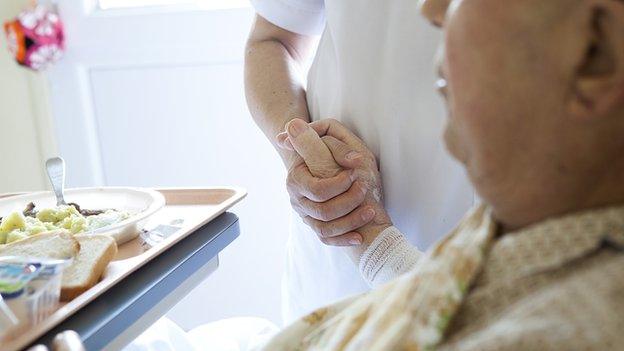
Vulnerable patients in England will get better support in the community as part of plans to ease pressure on hospitals, ministers say.
Joint teams of social care workers and NHS staff such as nurses and physios will become available seven days a week under the changes being unveiled.
The move is part of the government's Better Care Fund to join up the NHS and council-run social care systems.
It comes as a new analysis showed hospitals were under growing pressure.
The King's Fund think tank's quarterly monitoring report, covering the period from June to September, found that 5% of patients were spending four or more hours in A&E - the highest level at this time of year for a decade.
The review also highlighted that waiting times for routine operations, such as hip and knee replacements, had reached their highest levels since 2008 with 12.1% of patients waiting more than 18 weeks.
Meanwhile, the latest figures for the 62-day target for cancer treatment also show that it is being missed, although those figures only cover the period to June.

Where has the money come from?
The government is trumpeting the £5.3bn that has been set aside for the Better Care Fund.
None of this is new money as such, just existing funding streams that are being ring-fenced for this purpose.
The pot was originally set at £3.8bn. That included £3.3bn from the core NHS budget with the rest from money set aside for carers and capital expenditure.
This has been topped up by extra funds that have been put in by local areas that wanted to create bigger pooled budgets.
The £5.3bn represents less than 5% of the combined NHS and social care budgets.

King's Fund director of policy Richard Murray said the performance was a "significant cause for concern" and pointed to a difficult winter ahead.
But ministers are predicting pressures will ease from April when the Better Care Fund comes into place.
The pot, mainly sourced from NHS money, has been created to close the divide between the health and care systems, which elderly patients are particularly affected by.
It has been up to local areas to draw up their own plans, but they all involve some kind of collaboration between health and care staff and creating a single assessment system.

Ministers believe the plans will help prevent more than 160,000 hospital admissions, 2,000 care home admissions and result in more than 100,000 fewer days of unnecessary hospital care caused by delays in discharging patients.
Health Secretary Jeremy Hunt said: "For years, successive governments and NHS leaders have talked about joining up our health and care services so people get better care at the right time and in the right place.
"The time for talk is over - our plans will make this vision a reality for patients and help deliver a sustainable future for the NHS.
"Too many families experience being passed from pillar to post between the NHS and their council endlessly repeating stories along the way."

Case study: A sign of things to come?
London's Queen Mary's Hospital runs a community rehabilitation service to help people recuperate after an accident or illness.
It is staffed by physiotherapists, occupational therapists, social workers and an elderly-care doctor, who all work together to help patients regain their mobility and independence.
Evidence suggests it has helped reduce readmissions to hospital and the numbers of people being placed in care homes.

But Local Government Association chairman David Sparks said the changes would fail unless the social care system was better funded - research by the group has suggested local authorities are being under-funded by a third.
He said without more money the whole system would "collapse".
"While we recognise these reforms have the ability to change health and social care for the better, the government must fund councils properly to ensure this happens."
Shadow care minister Liz Kendall said the scale of the plans were "depressingly unambitious".
"The government should have focused on integrating frontline services from day one, but instead they forced through a backroom reorganisation," she added.
- Published30 October 2014
- Published4 September 2014
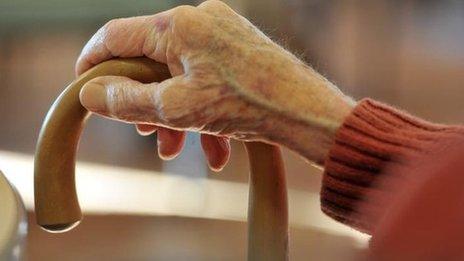
- Published18 December 2013
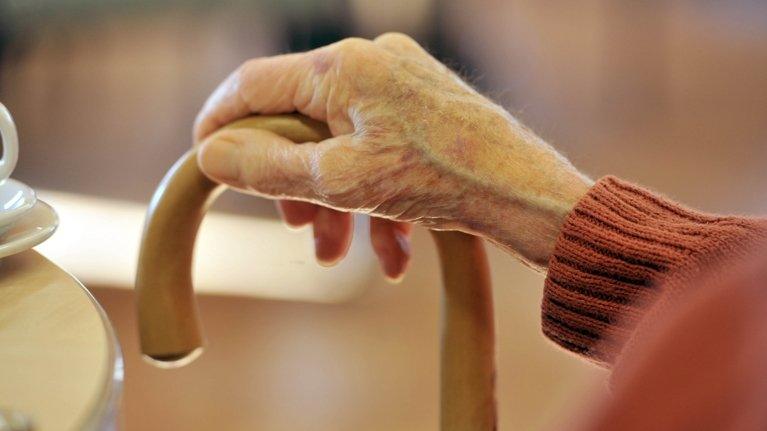
- Published14 May 2013
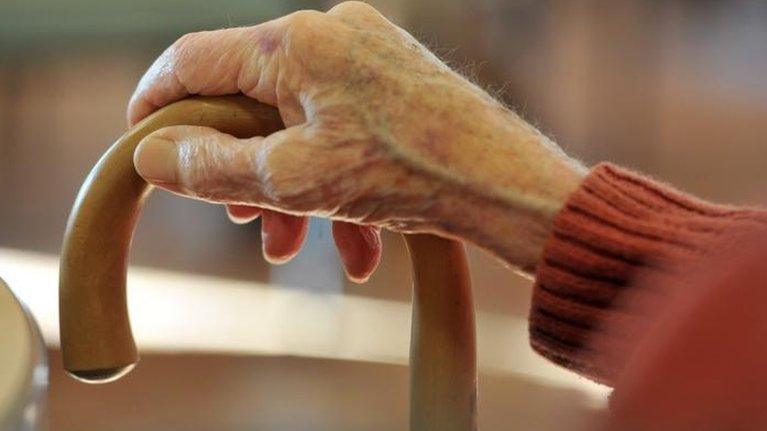
- Published8 May 2013

- Published17 March 2013
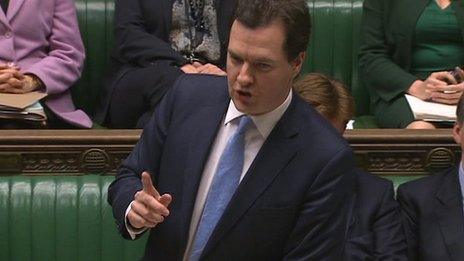
- Published13 February 2013
- Published11 February 2013